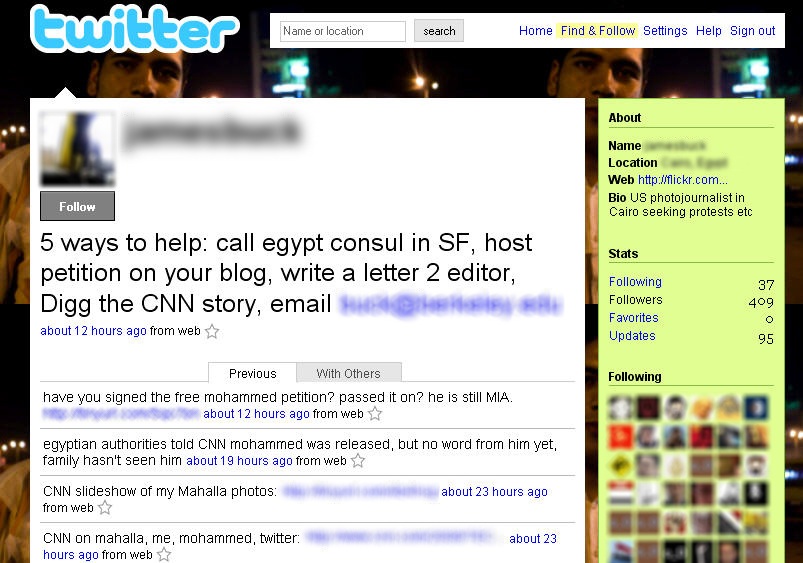| << Chapter < Page | Chapter >> Page > |

Technology, and increasingly media, has always driven globalization. Thomas Friedman (2005) in a landmark publication, identified several ways in which technology “flattened” the globe and contributed to our global economy. The first edition of The World Is Flat , written in 2005, posits that core economic concepts were changed by personal computing and high-speed internet. Access to these two technological shifts has allowed core-nation corporations to recruit workers in call centers located in China or India. Using examples like a Midwestern American woman who runs a business from her home via the call centers of Bangalore, India, Friedman warns that this new world order will exist whether core-nation businesses are ready or not, and that in order to keep its key economic role in the world, the United States will need to pay attention to how it prepares workers of the 21st century for this dynamic.
Of course not everyone agrees with Friedman’s theory. Many economists pointed out that, in reality, innovation, economic activity, and population still gather in geographically attractive areas, continuing to create economic peaks and valleys, which are by no means flattened out to mean equality for all. China’s hugely innovative and powerful cities of Shanghai and Beijing are worlds away from the rural squalor of the country’s poorest denizens.
It is worth noting that Friedman is an economist, not a sociologist. His work focuses on the economic gains and risks this new world order entails. In this section, we will look more closely at how media globalization and technological globalization play out in a sociological perspective. As the names suggest, media globalization is the worldwide integration of media through the cross-cultural exchange of ideas, while technological globalization refers to the cross-cultural development and exchange of technology.
Lyons (2005) suggests that multinational corporations are the primary vehicle of media globalization, and these corporations control global mass-media content and distribution (Compaine 2005). It is true, when looking at who controls which media outlets, that there are fewer independent news sources as larger and larger conglomerates develop. The United States offers about 1,500 newspapers, 2,600 book publishers, and an equal number of television stations, plus 6,000 magazines and a whopping 10,000 radio outlets (Bagdikian 2004).
On the surface, there is endless opportunity to find diverse media outlets. But the numbers are misleading. In 1983, a mere 50 corporations owned the bulk of mass-media outlets. Today, those 50 corporations have morphed into only six conglomerates (large companies consisting of many seemingly unrelated businesses). These conglomerates control most of the United States’ mass-media vehicles. These six corporations are Time Warner, Disney, Viacom, General Electric, and the foreign-headquartered News Corporation (Australia) and Bertelsmann (Germany). Because the readers of the Daily News in one town might not care that their newspaper is owned by the same folks who own the Tribune across the country, why does it matter? Monopolies matter because less competition typically means consumers are less well served since dissenting opinions or diverse viewpoints are less likely to be found.

Notification Switch
Would you like to follow the 'Introduction to sociology' conversation and receive update notifications?